Introduction
Jaw crushers are widely used in mining, construction, and other industries for crushing various materials. However, like any mechanical equipment, they may encounter several problems during operation. Understanding these common problems and their solutions is crucial for maintaining the crusher's efficiency and prolonging its service life.
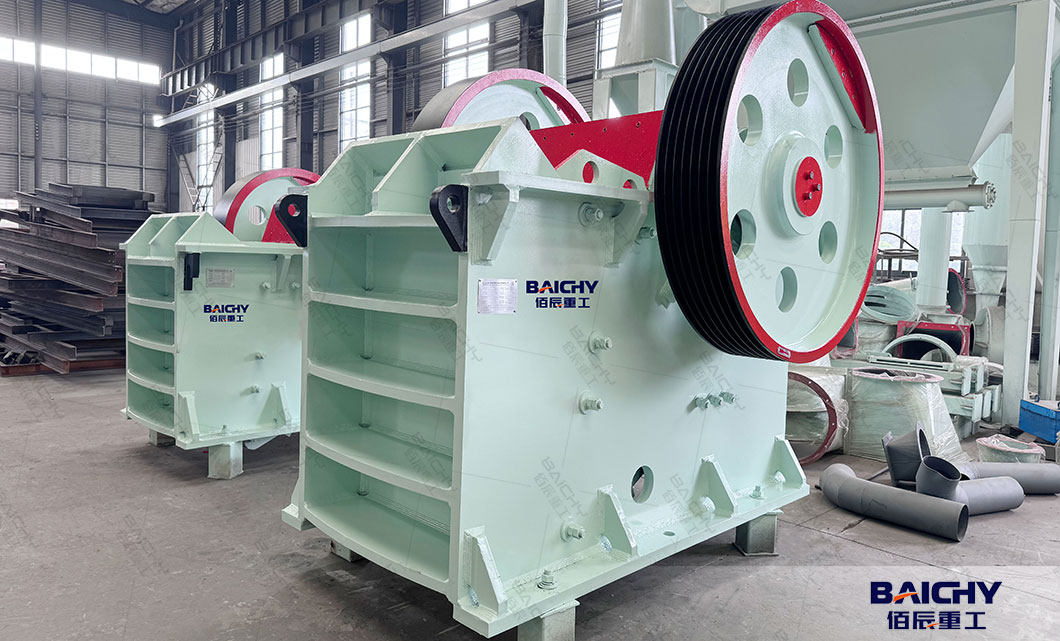
Common Problems and Solutions
A. Abnormal Noise
Problem Description:
Unusual noises such as knocking, grinding, or rattling can be heard during the operation of the jaw crusher. These noises can indicate various issues, including loose parts, worn components, or the presence of foreign objects.
Possible Causes and Solutions:
A-1.Loose Bolts:
Cause: Vibrations during operation can cause bolts and nuts to loosen. Loose bolts in the crusher frame, jaw plates, or other components can lead to abnormal noise.
Solution: Regularly check and tighten all bolts using a torque wrench. Follow the manufacturer's recommended torque settings to ensure proper tightening.
A-2.Worn Jaw Plates:
Cause: Over time, the jaw plates can wear out due to continuous crushing of materials. Worn or unevenly worn jaw plates can cause a grinding noise as they interact with the material and each other.
Solution: Inspect the jaw plates regularly. When the wear exceeds the allowable limit (usually specified by the manufacturer), replace the jaw plates. Make sure to use high - quality replacement jaw plates that fit the crusher model.
A-3.Foreign Objects:
Cause: Sometimes, small rocks, metal fragments, or other foreign objects can enter the crushing chamber. These objects can cause a knocking noise as they are crushed or interfere with the normal movement of the jaws.
Solution: Stop the crusher immediately and carefully inspect the crushing chamber. Remove any foreign objects found. Install proper screening and feeding equipment to prevent such objects from entering the crusher in the future.
A-4.Bearing Problems:
Cause: Bearings can wear out due to insufficient lubrication, overloading, or misalignment. A worn or damaged bearing can produce a squeaking or grinding noise.
Solution: Check the bearing lubrication regularly. Ensure that the correct type and amount of lubricant is used. If the bearing is worn, replace it with a new one of the appropriate size and specification. Also, check for misalignment and correct it if necessary.
B. Reduced Crushing Capacity
Problem Description:
The jaw crusher is not able to crush materials at the expected rate, resulting in a decrease in productivity.
Possible Causes and Solutions:
B-1.Incorrect Feed Size:
Cause: If the feed material size is too large for the crusher's specified feed opening, it can clog the crushing chamber and reduce the crushing efficiency.
Solution: Ensure that the feed material size is within the recommended range specified by the manufacturer. Install a suitable screening device before the crusher to control the feed size.
B-2.Worn Jaw Plates:
Cause: As mentioned earlier, worn jaw plates can affect the crushing performance. When the jaw plates are worn, the crushing force is not effectively transmitted to the material, leading to reduced crushing capacity.
Solution: Replace the worn jaw plates as soon as the wear limit is reached. Consider using jaw plates with enhanced wear resistance materials or coatings to prolong their service life.
B-3.Improper Settings:
Cause: Incorrect settings of the crusher's operating parameters such as the eccentric speed, stroke length, or discharge opening can result in sub - optimal crushing.
Solution: Review and adjust the crusher's settings according to the manufacturer's guidelines. The discharge opening can be adjusted to control the product size and the flow of crushed material. The eccentric speed and stroke length should be set to match the characteristics of the feed material.
B-4.Clogged Discharge Chute:
Cause: The discharge chute can get clogged with crushed material, especially if the material is sticky or if there is a problem with the flow rate. A clogged discharge chute can cause back - pressure in the crushing chamber and reduce the crushing capacity.
Solution: Regularly inspect and clean the discharge chute. Install a vibrating feeder or other devices to ensure smooth material flow at the discharge end.
C. Excessive Vibration
Problem Description:
The jaw crusher experiences excessive vibration during operation, which can affect its stability and lead to premature wear of components.
Possible Causes and Solutions:
C-1.Unbalanced Rotating Parts:
Cause: The eccentric shaft or other rotating parts may be unbalanced due to wear, damage, or improper installation. An unbalanced part can cause significant vibrations.
Solution: Stop the crusher and inspect the rotating parts. If there is wear or damage, repair or replace the affected parts. Ensure proper installation and alignment of the eccentric shaft and other rotating components.
C-2.Loose Foundation Bolts:
Cause: The crusher may vibrate excessively if the foundation bolts that secure it to the ground are loose.
Solution: Check the foundation bolts regularly and tighten them if they are loose. Ensure that the crusher is installed on a solid and level foundation to minimize vibrations.
C-3.Worn or Damaged Liners:
Cause: The wear liners in the crushing chamber can wear out over time. When they are damaged or worn unevenly, they can cause vibrations as the material is crushed.
Solution: Inspect the wear liners regularly and replace them when necessary. Use liners of appropriate material and thickness to provide better protection and stability.
C-4.Overloading:
Cause: Feeding the crusher with too much material or material that is too hard can cause overloading, which in turn can lead to excessive vibrations.
Solution: Monitor the feed rate and the nature of the feed material. Adjust the feed rate to match the crusher's capacity and ensure that the material is within the crusher's hardness range. Install a feed control system to prevent overloading.
D. Overheating
Problem Description:
The temperature of certain components of the jaw crusher, such as the bearings, motor, or hydraulic system, rises above the normal operating range.
Possible Causes and Solutions:
D-1.Insufficient Lubrication:
Cause: Inadequate lubrication of bearings, gears, or other moving parts can cause friction, leading to overheating.
Solution: Check the lubrication system regularly. Ensure that the correct type and amount of lubricant is used. Check for leaks in the lubrication lines and repair them. Clean or replace the lubrication filters as needed.
D-2.Overloading:
Cause: Similar to the cause of excessive vibration, overloading the crusher can cause the motor and other components to work harder, generating more heat.
Solution: Monitor and control the feed rate and material characteristics to prevent overloading. Install overload protection devices such as current limiters or pressure switches.
D-3.Poor Ventilation:
Cause: Inadequate ventilation around the crusher can prevent heat dissipation, especially in enclosed spaces.
Solution: Ensure that there is proper ventilation around the crusher. Install fans or vents if necessary to improve air circulation and heat dissipation.
By addressing these common problems and implementing the suggested solutions, operators can enhance the efficiency, reliability, and longevity of jaw crusher machines in mining and construction applications. Regular maintenance, proper operation, and timely repairs are key to maximizing the performance of jaw crushers.






 2025-11-24
2025-11-24



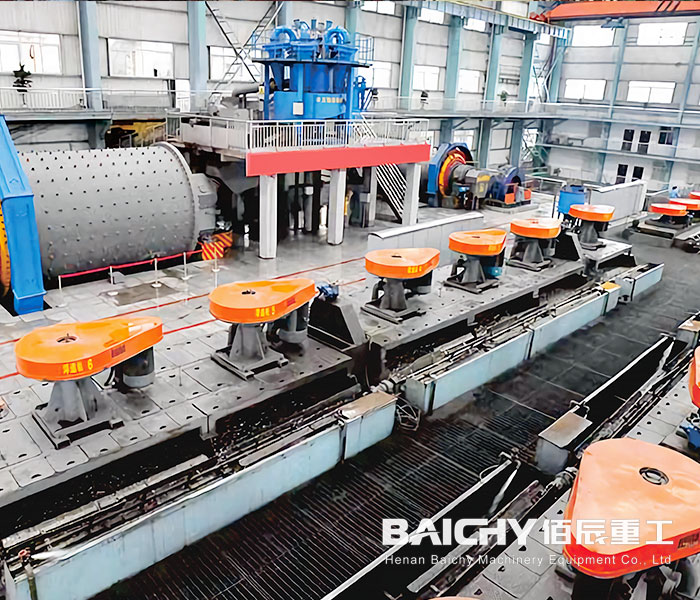
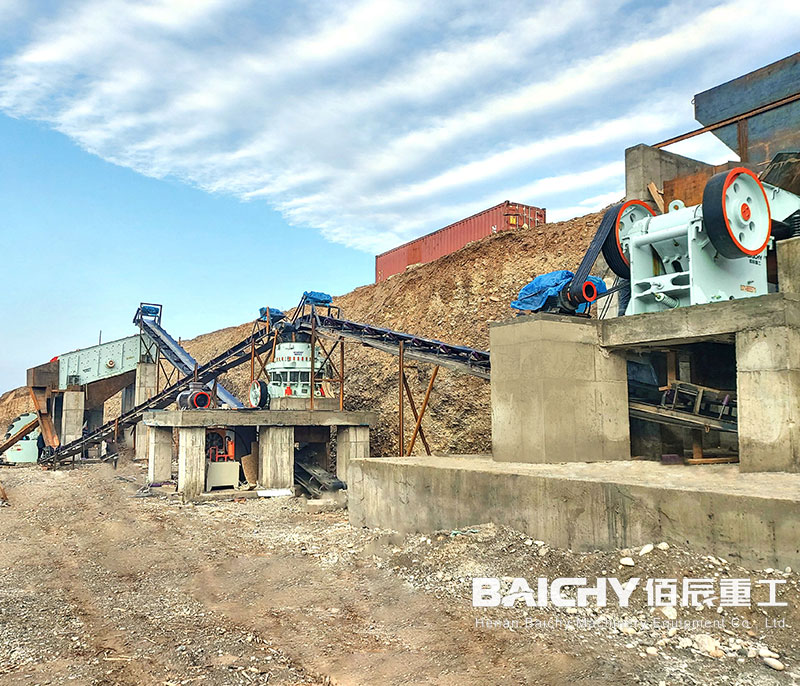
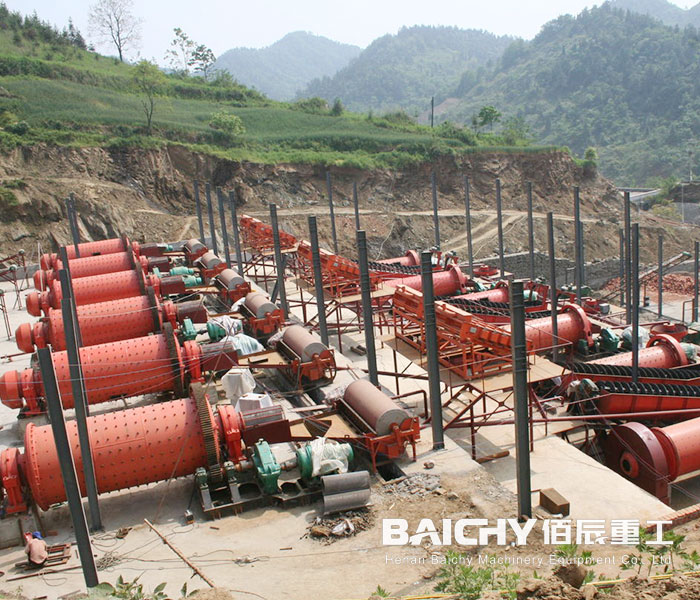
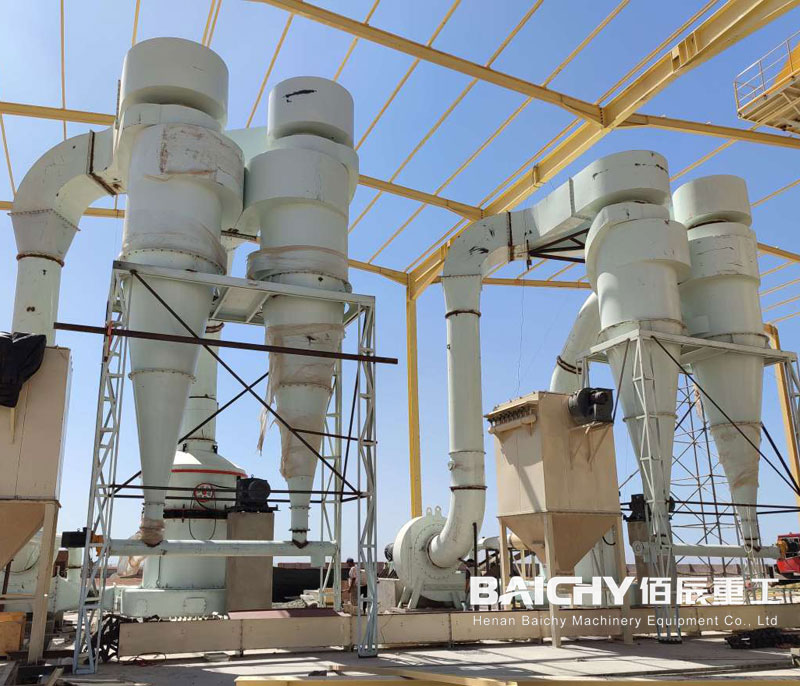














 86-15093113821
86-15093113821
 86-15093113821
86-15093113821

